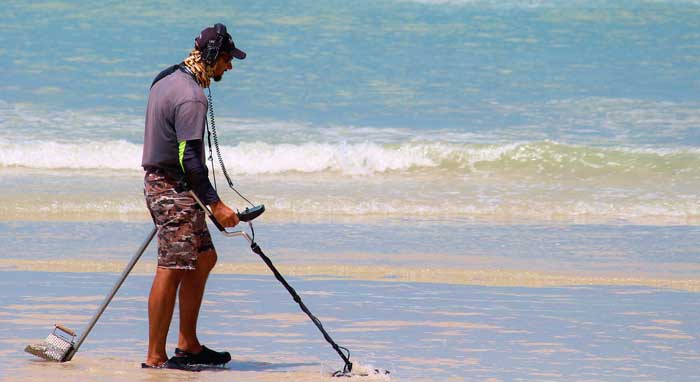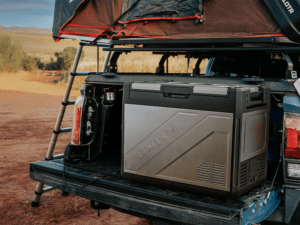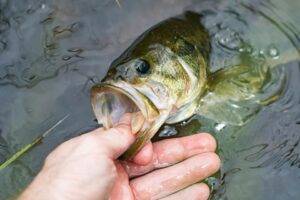

Are you an avid treasure hunter or just looking for a hobby to get into? Either way, metal detecting might be your answer.
In this article, I will provide some of the most common questions people have before buying their first detector and help you figure out which one is best for you. Whether it’s gold coins or lost jewelry, if there are metals nearby so can you find it!
What is your budget?
The first question you should ask yourself is what your budget is. If you’re a beginner, then there are affordable metal detectors available for under $150 that will get the job done.
For an experienced treasure hunter with more money to spend, look into high-end waterproof and gold prospecting specific models as they tend to have better range and sensitivity than those in our mid-range price points.
If your budget is higher, say over $500 or even $1000+, don’t worry! There’s plenty of great equipment out on the market at these prices. It all just depends on how much time and effort you want to put into research before buying one.
How much time will you be spending metal detecting?
If you are only going to be metal detecting for a few hours at most, then any detector under $150 will do the job. If it’s more than 8 hours per week, and preferably over twelve, then go with the pricier model.
Consider investing in headphones if this is your plan – they drastically reduce the amount of noise from other people around you while also giving off less radiation.
What are you looking for?
Metal detecting is a hobby that can be done for many reasons, and it’s important to know what you’re looking for to find the right detector. If you are only interested in treasure hunting, then your budget should be around $1000+.
For most people, especially those who want some form of automation or don’t have much time on their hands, the ideal detector for them would be one that can detect all metal objects and is capable of automatically adjusting settings.
How deep do you want to go?
Every detector has different levels of sensitivity, and it is important to know which one you want. If all metal objects are what interests you, then a detector with low sensitivity should be best.
If there’s an area that has been searched more extensively than others, or if the object being sought after may have become buried deep below ground level over time, a high-sensitivity detector may be best.
Do you need a pinpointer or a digging tool?
Do you need a pinpointer or a digging tool? A metal detector will typically have either one, both, or neither of these tools. A Pinpointer is an essential piece of equipment for any hobbyist and can be considered as important as the detector itself. Here is a great article with the list of the best pinpointers for metal detecting.
It helps in locating small pieces of treasure that are buried deep within the dirt and sand on your search area. The famous Garrett Pro-Pointer would do well when it comes to pinpointing objects buried at shallow depths from about four inches down to 12 inches depending on soil conditions.
Anything deeper than this limit should require a more expensive model such as those made by Minelab or Whites detectors with depth ratings up to 20″+ (50cm).
Do you want to detect on land or in water?
Using a metal detector on land and underwater is a totally different hobby. You will need to know if you are looking for coins, jewelry, or something else.
For land hunting, there are a variety of detectors and accessories that are available on the market.
There’s no specific model because it depends on your needs, but some good options include:
- The Garrett AT MAX Metal Detector. Which offers great sensitivity with ultimate depth as well as an LCD display readout. Check out this review of the Garrett AT Max from MetalPursuits.
- Whites Spectra VX Series II. A popular choice amongst beginners due to its simplicity, plus comes equipped with three interchangeable coils allowing for better versatility when out detecting.
- Tesoro Sand Shark metal detector. Great all-around performer in every environment, including wet sand and saltwater environments. This machine has been designed to be used by people who have never detected before.
To summarize, metal detecting is an amazingly rewarding hobby. The detector you choose should depend on your needs and level of experience.
I hope that this short guide will help you to choose the right detector for your needs.








